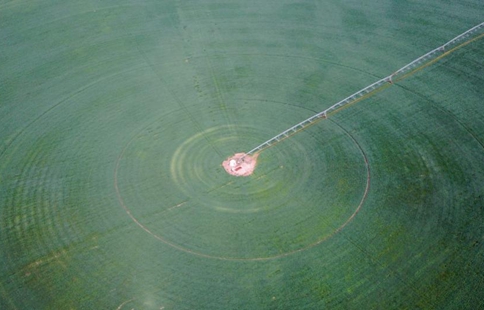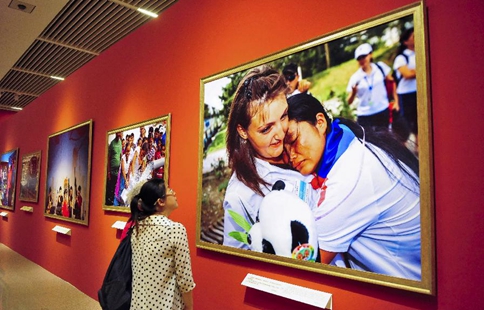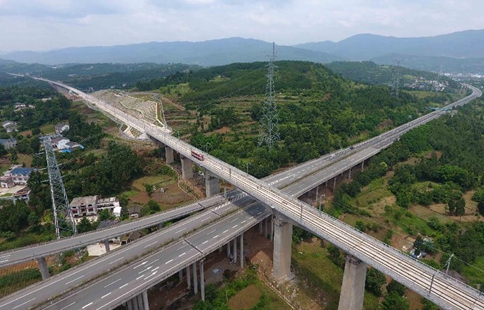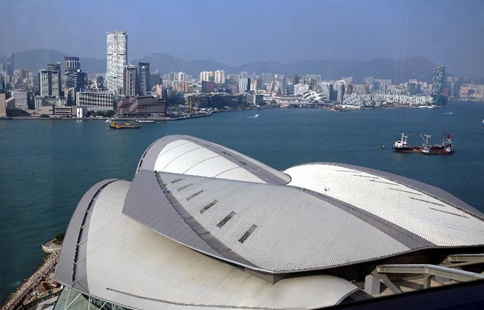KHARTOUM, June 15 (Xinhua) -- In preparation to face the rainy season, the Sudanese health authorities established well-equipped emergency rooms to combat epidemics, and distributed health equipment for all Sudan states to combat autumn-related diseases.
Sudanese First Vice-President and Prime Minister Bakri Hassan Saleh on Thursday attended a ceremony for handing over the shares of Sudan States of materials and health equipment for combating the autumn-related diseases.
The Sudanese Health Ministry hopes that the emergency rooms would facilitate rapid interventions in case of any health disaster or epidemic across Sudan during the rainy season which usually begins on June and continues until mid of October each year.
Sudan's federal health ministry confirmed the decline of infection rates with watery diarrhea which earlier spread in 11 states of the country, but expressed concern that the rain water would constitute a hosting environment for watery diarrhea virus.
"The State, at its top levels, is concerned with combating watery diarrhea, and the efforts have resulted in the decline of the disease. However, we are concerned over a new wave of infections during the rainy season," said Sudan's Health Minister Bahar Idriss Abu Garada when addressing the ceremony.
"The distribution of these equipment is likely to help the health authorities in the states to combat watery diarrhea and other autumn-related diseases," he noted.
Hamid Manan Mohamed al-Merghani, Sudan's Interior Minister and head of the supreme council for civil defence, speaking at the ceremony, said that "our motto for this year is: (Autumn without health threats) which requires coordination among all concerned ministries and authorities to face autumn-related diseases."
"We were keen to provide all the necessary health equipment and tools that are likely to make our plan successful in confronting the health disasters, improving the health environment and combating diseases," he noted.
He stressed the importance of joining the official and social efforts, adopting early warning measures, promoting health education, uniting the communication channels, and providing necessary support for the affected people.
The cost of the equipment and materials, which were distributed to Sudan States, is estimated at about 48 million Sudanese pounds, including primary health care medicines, emergency medicines, full packages for treatment of watery diarrhea and full packages for treatment of children diseases to cover 5 million people.
In early June, Sudanese Health Ministry statistics indicated that watery diarrhea has killed 265 people and infected 16,121 others in 11 states of Sudan since August 2016 until now.
According to a report by the health minister then, Sudan's White Nile State registered the highest rate of infection with the disease that reached 4,512 cases, attributing that to the fact that the state is neighboring South Sudan.
Blue Nile State comes second with 4,471 infections and 12 deaths, followed by Sinnar State with 2,401 infections and 14 deaths, according to the report.
Khartoum State has registered 19 death cases and 878 infections within 10 months, it said.
The Red Sea State registered 1,137 infections and 19 death cases, while the Gezira State registered 55 deaths and 982 infections.
Contaminated drinking water is responsible for the spread of the disease which appears every now and then in many areas in Sudan.
During August and September 2016, watery diarrhea hit Sudan's Blue Nile and other states, leaving more than 55 dead with 2,619 infection cases.

















